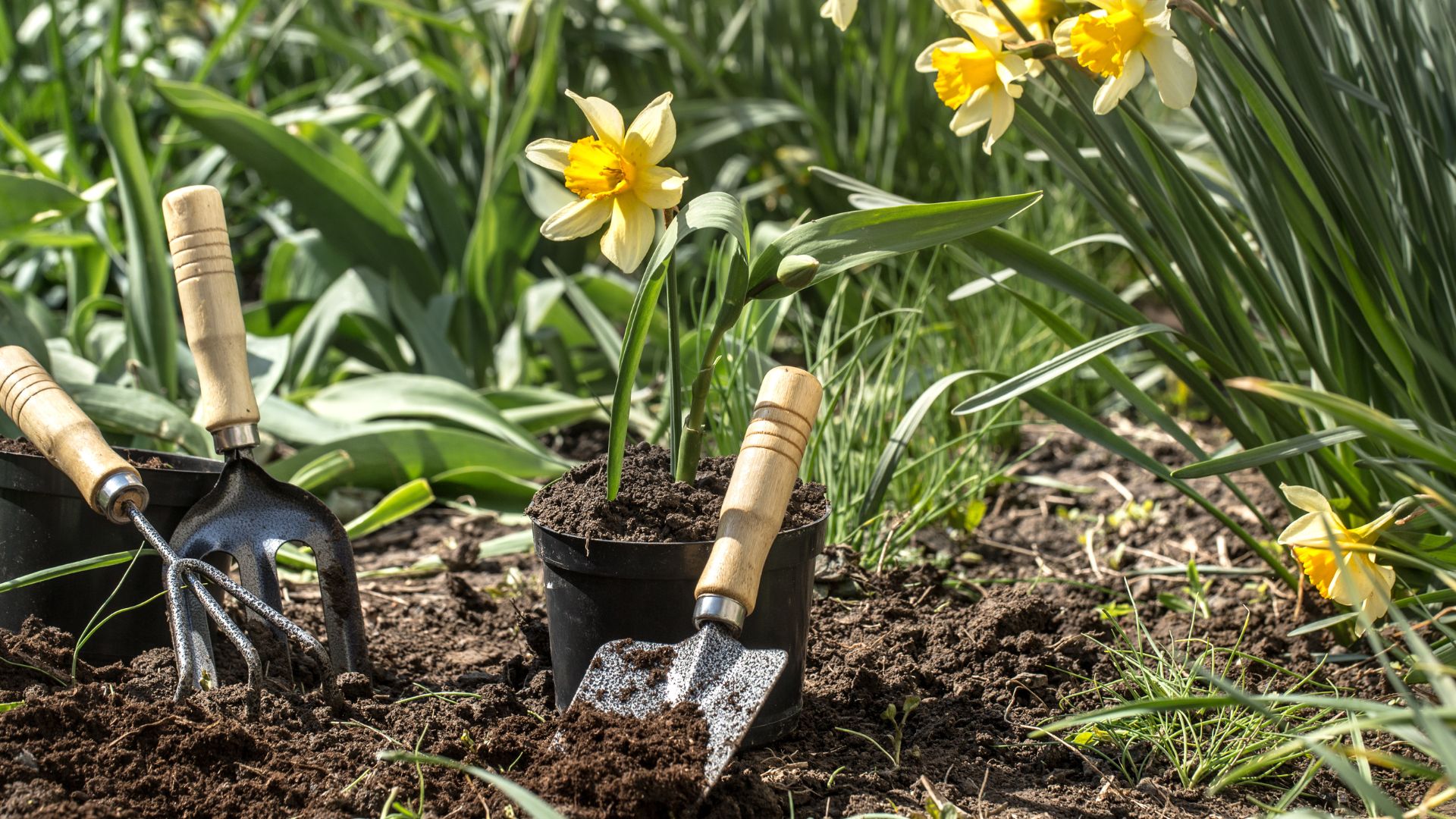Gardening is one of the most productive hobbies someone can have. However, many do not realize how helpful gardening is for the environment as well as their mental health.
People turn to gardening for different reasons and purposes, whether to grow their own produce or add aesthetics to their yards. Whether you are planting plants, flowers, fruits, or vegetables, it still has an impact on improving the environment.
What gardening can do for the environment?
Gardening provides multiple environmental benefits. It cleans the air and soil by absorbing carbon dioxide and filtering harmful elements, producing oxygen in return. It also replenishes and protects the soil by binding it with plant roots, reducing erosion during heavy rains.
By engaging in gardening activities, individuals also contribute to the mitigation of global warming by absorbing greenhouse gasses and minimizing landfill waste, thus leading to a reduction in methane emissions. Additionally, the practice of gardening provides support to local wildlife and pollinators, creating a sanctuary for various species such as birds, bees, butterflies, and other creatures, thereby promoting biodiversity.
What gardening can do for your mental health?
Some may be surprised that gardening has a positive effect on mental health, but gardening can enhance your peace and contentment by focusing your attention on immediate tasks, reducing negative thoughts, and easing stress.
It also provides beneficial exercise through activities like weeding, digging, and raking, which can alleviate anxiety, depression, and other mental issues and help prevent dementia.


















